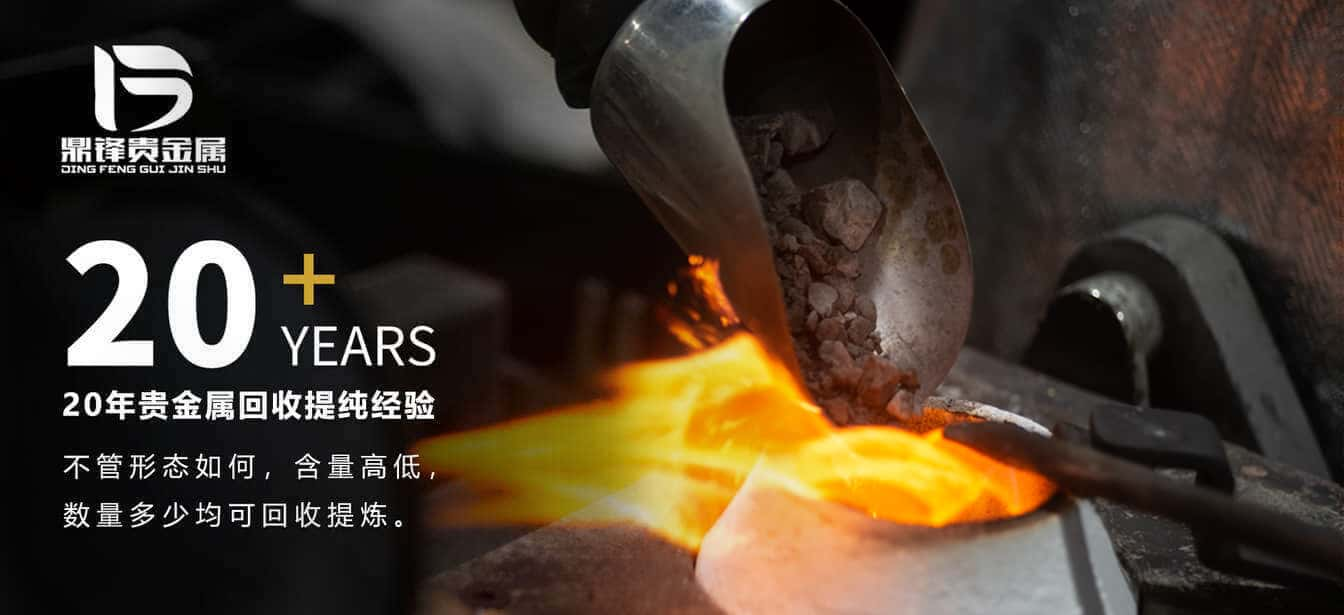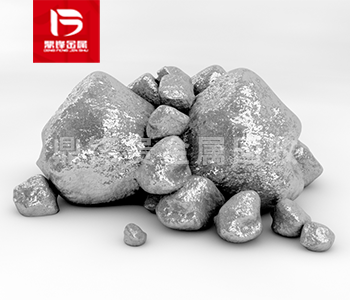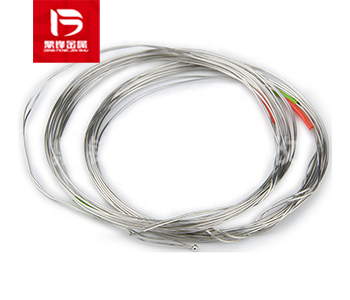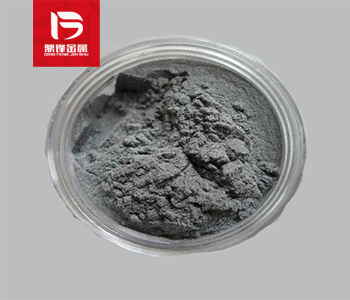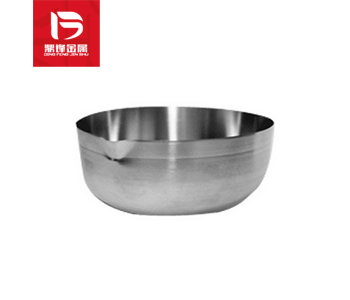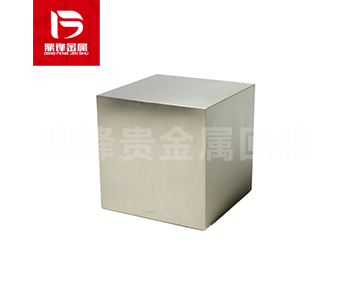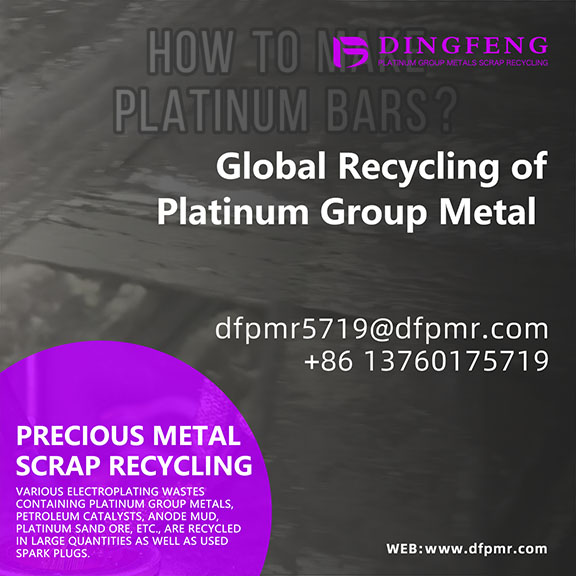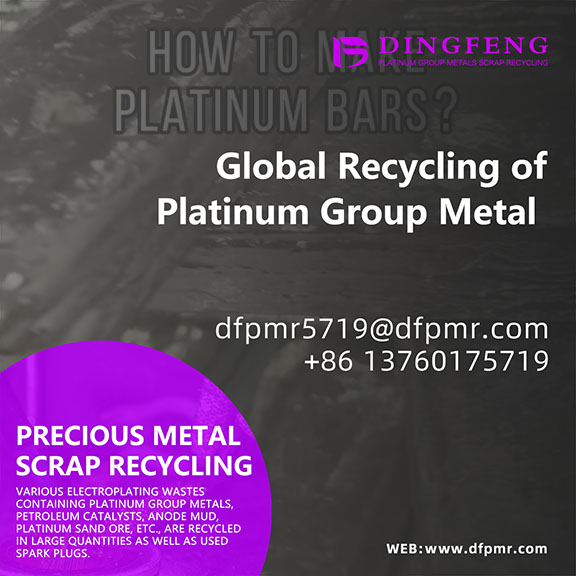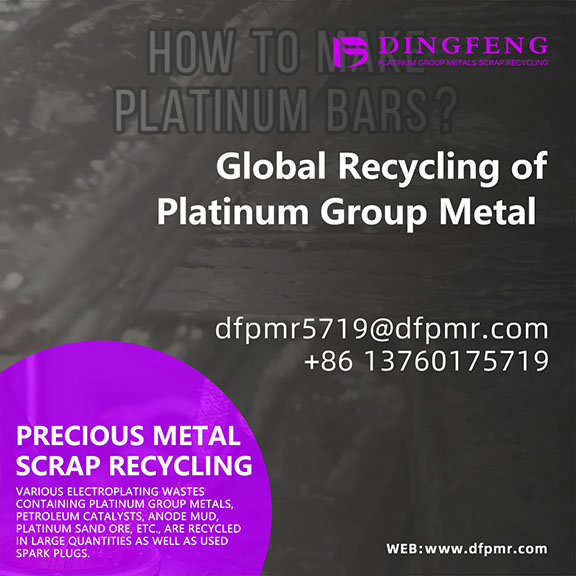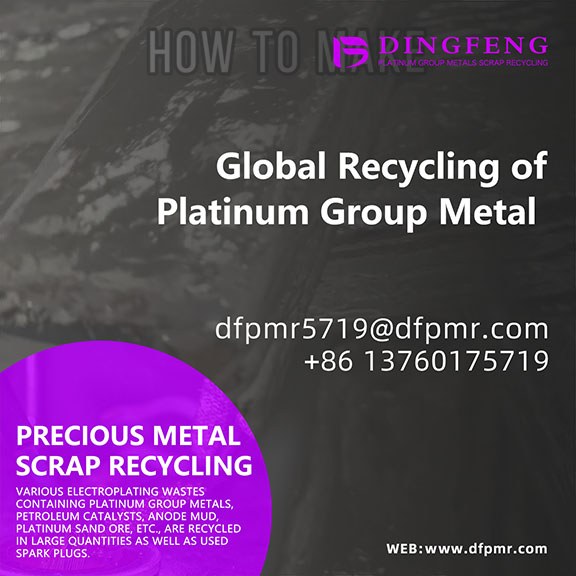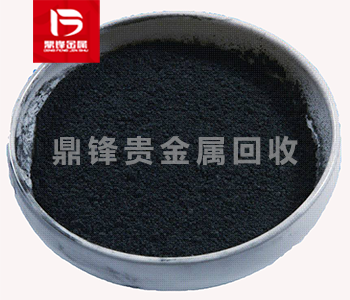Platinum resin recovery_ Advantages and main uses of platinum adsorption resin
Platinum adsorption resin is a resin used to recover platinum from various waste liquids. Platinum is a precious metal with excellent catalytic, electrical, and thermal properties, widely used for ind
Platinum adsorption resin is a resin used to recover platinum from various waste liquids. Platinum is a precious metal with excellent catalytic, electrical, and thermal properties, widely used for industrial and commercial purposes. With the increasing demand for platinum, the extraction and recycling of platinum has become a key issue due to economic and environmental reasons. Platinum adsorption resin is a specially designed resin with unique structure and surface chemical properties, which can selectively adsorb platinum from aqueous solutions. This resin typically contains functional groups such as thiourea, mercaptan, or iminodiacetic acid, which can interact with platinum ions in solution. When platinum ions come into contact with the resin, they attach to the surface and are extracted from the solution, producing a concentrated platinum solution that can be further processed for recovery.
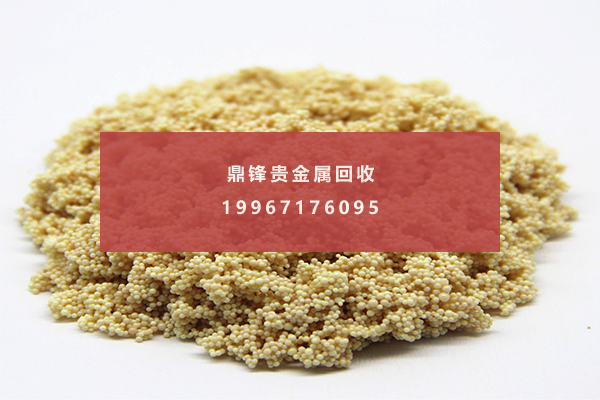
Advantages of platinum resin:
1. The main advantages of using platinum adsorption resin are its high selectivity and recovery efficiency for platinum. Unlike other traditional separation techniques such as solvent extraction and chromatography, platinum adsorption resins can selectively adsorb platinum while leaving other metals and impurities in the solution. This makes it an ideal choice for recovering platinum from complex waste streams containing metals and impurities.
2. Another advantage of using platinum adsorption resin is its versatility in various industrial applications. Platinum is widely used in industries such as automobiles, chemicals, petrochemicals, and glass, where it is used as a catalyst for various chemical reactions. The application of platinum adsorption resins in these industries includes the recovery of platinum from waste catalysts, wastewater, and process flows. This not only helps to reduce the cost of platinum catalysts, but also helps to reduce the environmental impact of industrial processes.
The main uses of platinum resin:
1. The automotive industry is one of the important users of platinum catalysts, used in the production of catalytic converters. Catalytic converters are used to convert pollutants such as carbon monoxide, nitrogen oxides, and hydrocarbons into harmless gases, thereby reducing harmful emissions in car exhaust. However, due to the accumulation of platinum and other impurities, the efficiency of the catalytic converter will decrease over time. This leads to the replacement of used catalytic converters, resulting in a significant waste of platinum. In recent years, the use of platinum adsorption resin to recover platinum from waste catalytic converters has become a popular method. This resin can selectively adsorb platinum from waste catalysts to obtain a concentrated platinum solution, which can be further refined to produce high-quality platinum. The recovered platinum can then be reused for the production of new catalytic converters, thereby reducing raw material costs and the environmental impact of platinum mining.
2. In the chemical industry and Petrochemistry industry, platinum is used for various reactions, such as hydrogenation, dehydrogenation, oxidation and reduction. These reactions require high-quality platinum catalysts, which must be replaced regularly due to the accumulation of impurities. The use of platinum adsorption resin for the recovery of platinum from waste catalysts not only reduces the cost of new catalysts, but also contributes to the proper management of industrial waste.
3. The glass industry is another important user of platinum catalysts, which are used in the production of glass fibers. Platinum catalysts are used to convert mixed gases into molten glass, which is then spun into fibers. The efficiency of platinum catalysts decreases over time, leading to the replacement of old catalysts. The use of platinum adsorption resin to recover platinum from waste catalysts has become a common method in the glass industry. The recovered platinum can be reused to produce new catalysts, thereby greatly saving costs. Platinum adsorption resin is a universal and effective method for recovering platinum from various waste liquids. Its high selectivity and efficiency in platinum recovery make it an ideal choice for industries that require platinum catalysts. The use of platinum adsorption resin not only helps to reduce the cost of platinum catalysts, but also helps to reduce the impact of industrial processes on the environment. With the continuous growth of platinum demand, the recycling and reuse of platinum has become a key issue. The use of platinum adsorption resin is one of the effective methods to ensure the sustainable utilization of platinum resources.
&Quot; Dingfeng Precious Metals Recycling includes precious metals such as gold, silver, palladium, rhodium, platinum, germanium, iridium, ruthenium, etc. This is our business in precious metal recycling. If you have precious metals such as gold, silver, palladium, rhodium, platinum, germanium, iridium, ruthenium that need to be recycled, please contact us and we will provide you with a satisfactory price& Quot;
